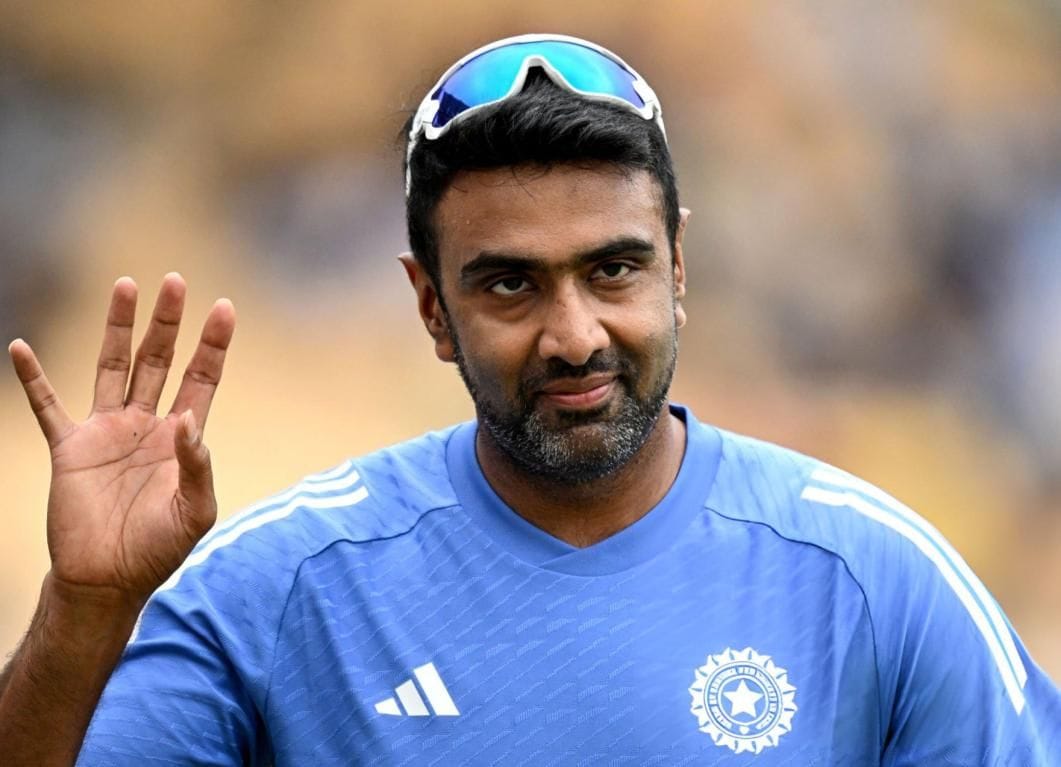R Ashwin backs Andy Pycroft, blasts Pakistan over handshake row: “If I were him, you’re apologising to me”

“You Are Apologising To Me”: R Ashwin Backs Pycroft, Hits Out At Pakistan Over Handshake Row
Ravichandran Ashwin has delivered a sharp defence of match referee Andy Pycroft and a pointed rebuke of Pakistan’s conduct in the handshake controversy that has shadowed the Asia Cup. Speaking on his show, Ashwin said the referee only relayed a pre‑toss directive and did nothing wrong. He urged Pakistan to stop scapegoating officials and focus on improving their cricket.
Ashwin’s Core Argument
Ashwin’s view is straightforward. India informed tournament officials before the match that there would be no handshake. The referee passed that on, as he should. That is where the matter should have ended. Turning the referee into the villain, filing complaints, and threatening pullouts, he said, was needless drama that distracted from cricket.
In his words, “Andy Pycroft actually saved everybody from seeing such a poor spectacle.” He added that teams follow organisational directives all the time and that players clearly communicated their stance. If the directive exists, the referee cannot manufacture a handshake or discipline players for following their board’s call.
“If I Were Pycroft, You’re Apologising To Me”
Ashwin flipped the “apology” narrative with a memorable line: if he were in Pycroft’s place, Pakistan would be apologising to him. His point was that there was nothing to apologise for in the first place. The referee did not cause the controversy; he prevented an awkward scene by communicating what he had been told moments before the toss.
This was also Ashwin’s wider critique: the issue was used as cover after a defeat. “You didn’t lose because we didn’t shake hands,” he said, urging Pakistan to address batting, bowling, and fielding issues instead of chasing off‑field grievances.
Why The Referee Isn’t The Enforcer
Ashwin stressed that a match referee’s job is not to compel courtesies or police optics. He is not a “schoolteacher or principal.” The role is to manage the match within the playing conditions and codes, not to override board‑level or tournament‑level directions. Expecting him to force players into gestures is outside his remit.
On The “Delay And Drama”
Pakistan’s match against the UAE was delayed after they pressed for Pycroft’s removal. Ashwin questioned why an issue from the India game spilled into a different fixture, and why the referee was targeted when he simply shared a last‑minute message. To him, that sequence showed misplaced priorities—performance should come first, public theatre second.
India’s Position, In Short
The team told officials in advance there would be no handshake.
The referee relayed the message to avoid an on‑camera snub.
India won on the field; the handshake debate didn’t decide the match.
The focus, as Ashwin framed it, should return to cricket.
What This Means Before The Rematch
With the same referee on duty again, Ashwin’s comments signal calm and clarity from the Indian camp: respect the process, play hard, and sidestep side‑shows. The expectation is that match‑day protocols will be followed, any sensitive communications will be handled ahead of time, and the cricket will take centre stage.
The Bigger Lesson
High‑stakes rivalries attract noise. But rules, roles, and good sense still apply. When boards make a call, players and officials follow it. If a team is unhappy, the right forum is a formal discussion with organisers—not a public hunt for culprits. Ashwin’s message cuts to the heart of it: let officials officiate, let teams compete, and let results be decided by bat and ball.